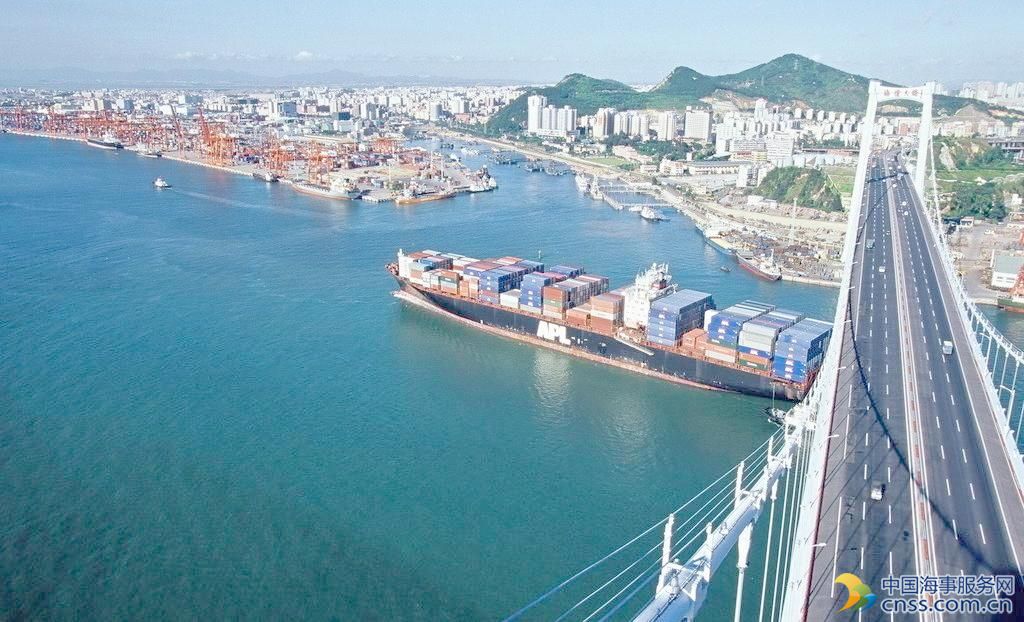Intercargo: Regulations should achieve their core purpose in the most effective and practical ways possible”

INTERCARGO’s Technical and Executive Committees held their semi-annual meetings on 6 and 7 March, along with a well-attended Gala dinner on first day. This was one more opportunity for INTERCARGO to re-iterate its commitment to a safe, efficient, high quality and environmentally-friendly dry cargo shipping industry and its support for an industry governed by free and fair competition. The meetings were chaired by Chairman John Platsidakis, Vice Chairman Jay K Pillai and Technical Committee Chairman Dimitris Fafalios.
Main topics were the upcoming implementation of the Ballast Water Management Convention, the Safe Carriage of Cargoes, Air Emissions, Port State Control transparency and anti-corruption practices, Design Standards for Bulk carriers and related equipment, and inadequate availability of Reception Facilities for cargo residues and cargo hold washings Hazardous to the Marine Environment. Cargo liquefaction and consequential loss of lives along with vessel casualties remain top concerns for the safe carriage of dry bulk cargoes. The INTERCARGO Secretariat will be publishing its annual Bulk Carrier Casualty Report soon. 11 casualties of cargo failure were associated with 102 lives lost between 2007 and 2016, against a total of 210 lives lost for all 60 casualties reported in the same period.
The importance of Flag States’ timely submission of casualty investigation reports to IMO is paramount, as a means for identifying the cause of incidents and enabling corrective actions to be taken. INTERCARGO co-sponsored earlier in 2016 a booklet on “Carrying solid bulk cargoes safely – Guidance for crews on the International Maritime Solid Bulk Cargoes Code”.
Ahead of the IMO Ballast Water Management (BWM) Convention entry into force on 8 Sept. 2017, INTERCARGO expresses its concerns about the practical problems faced by its members for retrofitting the existing dry bulk ships with BWM systems, and will be raising it at the next IMO MEPC 71 in July 2017. While it welcomes the purpose and the focus of the Convention, INTERCARGO believes that the Regulatory bodies should consider the challenges faced by the existing bulk carriers, the largest segment of world shipping by deadweight tonnage; availability of systems approved by USCG and with revised G8 guidelines aligning IMO BWMS testing regime with that of USCG, power and space requirements, ballasting capacity, and the incompatibility of the highly energy efficient gravity discharge used by a large percentage of the dry cargo fleet.
Moreover, in relation to the USCG requirements and extended compliance dates granted by USCG, the industry would welcome a flexible and pragmatic transition to the “postUSCG approved BWM systems” era since December 2016 (with 3 USCG type approved BWMS available to date of which only one system is realistically suitable to bulk carriers for retrofitting), until more systems are approved and more technologies represented.
INTERCARGO has actively participated in the development of GHG reduction measures at IMO and in collaboration with its industry partners. Secretary General Dr Kostas G. Gkonis stressed INTERCARGO’s full support to IMO in the mitigation of global GHG emissions from ships: “We believe that IMO is the appropriate body to address such global challenges, as shipping is by definition an international activity.
The ambitious roadmap already approved by consensus in this respect will be followed up in the next MEPC”. On the implementation of the 0.5% sulphur cap from 2020 for ships’ bunkers, INTERCARGO is promoting the consideration of transitional issues such as the availability of 0.5% fuel, the impact on machinery systems, verification mechanisms and any regulatory amendments or guidelines required. On Port State Control, INTERCARGO will continue its efforts to persuade regional MoUs to establish self-assessment and transparency mechanisms with the objective of targeting corruption and misbehaviour within their areas, a problem that has regrettably not been sufficiently addressed so far. The Association also announced the publication of its latest Benchmarking Report for dry bulk carriers.
Chairman Mr John Platsidakis said “We are proud that INTERCARGO-entered ships continue to outperform industry averages in respect of detentions and deficiencies per inspection”. INTERCARGO’s commitment to safety, operational efficiency and the environment have become reference themes even more so in the challenging times, where ‘quality’ makes the difference, which is the primary focus of INTERCARGO. INTERCARGO sends an invitation for more companies to join in and strengthen its representation, enhance membership quality as well as rating at Rightship. Moreover, INTERCARGO encourages the formation of a dry cargo charterers’ assessment scheme which will enable them to promote their quality of performance. INTERCARGO will hold its next meetings in Athens in October 2017.
Source: Intercargo
HEADLINES
- Do shipping markets want Biden or Trump for the win?
- All 18 crew safe after fire on Japanese-owned tanker off Singapore
- Singapore launching $44m co-investment initiative for maritime tech start-ups
- Cosco debuts Global Shipping Industry Chain Cooperation Initiative
- US warns of more shipping sanctions
- China continues seaport consolidation as Dalian offer goes unconditional